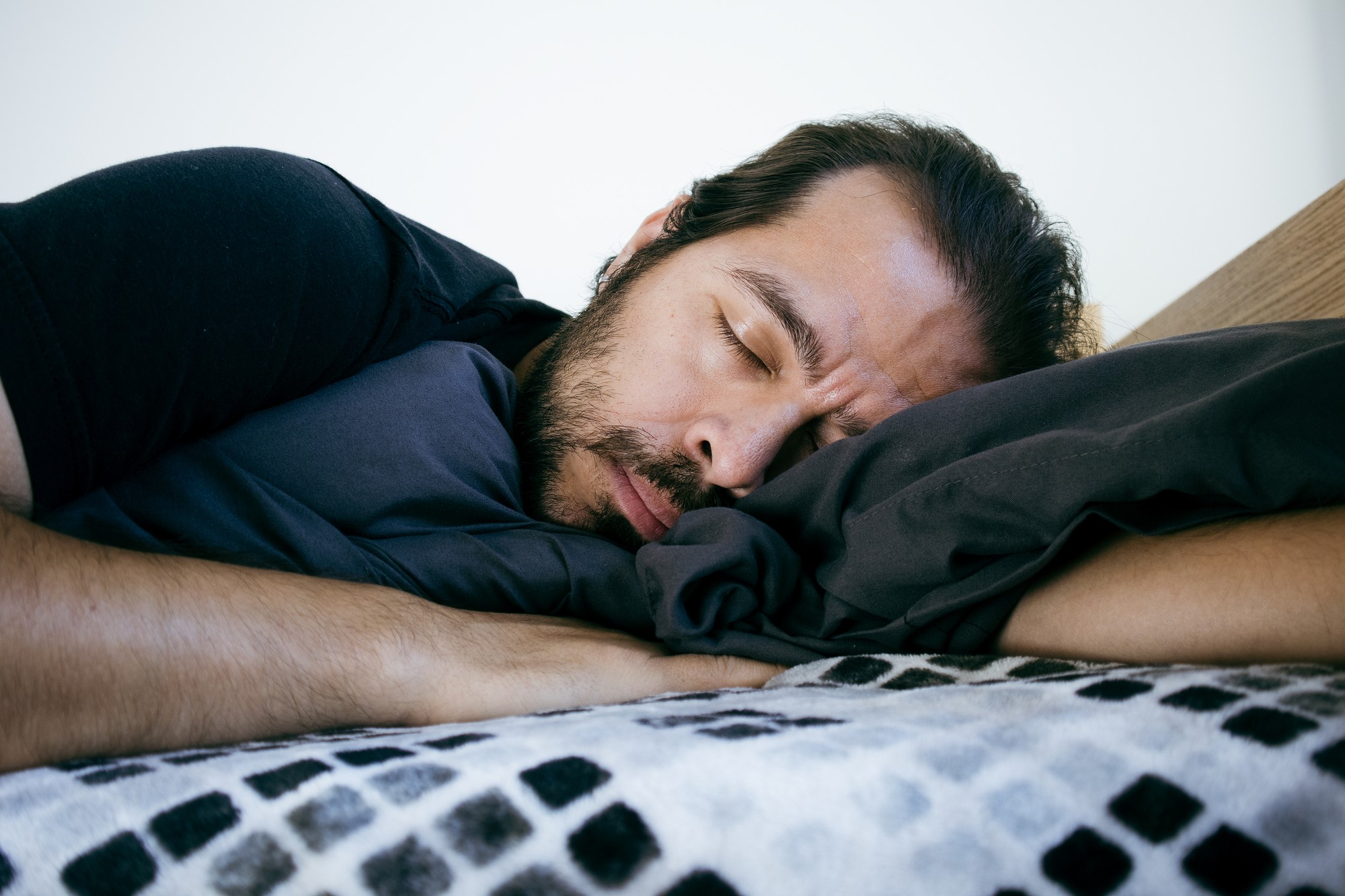Some say that you can only choose two out of the three in college: study, social life or sleep. And a lot of college students would choose the former two by trading them for less sleeping hours. However, sleep is an essential component of a better-quality college life and should be balanced instead of sacrificed.
Sleep disorders may have various negative effects on college students. According to professor Ronald Harper, a distinguished research professor in the UCLA Department of Neurobiology, insomnia, or loss of sleep, may result in time sleepiness, which affects daily study schedules as college students. Also, depending on the nature of a particular person, repeated wakening can wreck our body’s control of glucose, leading to metabolic issues like diabetes and weight gain. Apart from insomnia, there are also less-recognized sleep diseases like sleep-disordered breathing, which is professor Harper’s focus in research. “Sleep-disordered breathing causes severe brain injury which affects a range of body functions,” suggested professor Harper. “In addition, sleep-disordered breathing, such as obstructive sleep apnea, damages memory regions including the hippocampus and other areas necessary for cognition — not a good thing for students.”
But how should we maintain sleep quality and avoid sleeping disorders, especially in dorm environments? Here are three suggestions on how to improve, monitor and regulate your sleep during college life!
Creating a comfortable sleeping space
Just imagine: After a long, exhausting day of deadlines and exams, you open the door of your dorm and see a comfortable bed waiting for you.
A cozy environment is crucial to good-quality sleep, and there are several factors to be considered while creating it. For example, temperature plays an important role in allowing one to enter sleep quickly and maintain sleep integrity. For this, a cool room is optimal. Reduced noise and light are also desirable since one needs to synchronize the body clocks and light exposure will break that synchronization and lead to insomnia, according to professor Harper.
Creating such an environment in dorms may be difficult but is still achievable. “The secret to sleeping in dorms is isolation,” advised professor Harper. “Find as quiet a place as you can, preferably a cool room, and probably most important — dark! No screens of phones or computers, drapes to keep out the morning sun.” Isolation from light and intrusive noises, such as loud shouts from a next-door neighbor, can also be achieved by using masks and earplugs.
Using technology: Is the “Sleep” mode on Apple Watch accurate?
To better monitor sleeping patterns and adjust methods to improve sleeping quality, electronic devices can also be adopted. One of the most accessible and commonly used devices is the Apple Watch, which can measure users’ sleep duration, sleep stages, heart rate and respiration rate when the “Sleep” mode is turned on.
According to professor Jerome Siegel, who teaches in the UCLA Department of Psychiatry and Biobehavioral Sciences and works at the UCLA Center for Sleep Research, the measurements attested by an Apple Watch are accurate enough for a regular user to monitor their sleeping patterns, and unlike the gold standard of EEG recording, they do not disturb sleep. Professor Harper additionally suggests that the Apple Watch can be insightful for determining the length of time asleep and whether multiple arousals occurred at night. However, there are other measurements important to monitoring sleep that are not often offered by devices, like beat-by-beat recordings of heart rate and oxygen saturation. Therefore, more accurate sleep trackers should be purchased to attain more detailed sleep-related parameters.
Additionally, professor Siegel has suggested that we should not be obsessed with sleep duration measured by an Apple Watch because there is an optimal sleeping hour, which is between seven to eight hours per day. “Sleeping more than this optimal amount has greater lifespan-reducing effects than sleeping less,” he said.
The “magic tricks” toward better sleeping
Melatonin, a hormone that your brain produces in response to darkness to regulate sleep-wake circles, has been exaggeratively promoted by commercials to own the “magic” power of inducing sleep based on a common belief that it can cure insomnia. However, both professor Harper and professor Siegel have justified that no one should chronically use melatonin or any “sleeping pill” — they only work occasionally or in short terms. Chronic sleeping pill use is associated with a reduced lifespan, nightmares and depression in some people. For college students seeking long-term improvement in sleep quality, the so-called “magic” sleeping pills should not be taken for the long term and should only be considered with doctor’s prescriptions.
Instead of taking medications, another “magical” method to be considered is listening to patterned, rhythmic sounds. According to a study done by professor Harper that induced sleep to suppress migraines with a 128-hertz vibration to the ear canals, one can induce sleep with highly rhythmic sounds. The induction presumably arose from stimulation of the vagus and eighth nerve in the ear canal. Therefore, college students can utilize sounds such as ASMR, or autonomous sensory meridian response, audios of which are accessible online. ASMR can include patterned sounds for which people may have pleasant, long-term memories of, like seaside sounds and rain patterns, to induce sleep.
Sleep is important for college students. Without sufficient, good-quality sleep, the choice between studying and social life would not exist in the first place because one would have no energy for either one. Though it may be difficult to sleep in dorm rooms, it is still plausible to make a comfortable place for yourself in the dorms and improve sleep quality. Make the effort, and you will find your college life refreshed.
If you have any sleep-related problems, you can always visit the UCLA Sleep Disorders Clinic, which offers appointments where patients meet with sleep specialists to discuss their problems, explain their medical histories and undergo physical examinations. Visiting a clinic in person can help you get more professional treatments.
—
Feature Image Photographed by Juan Perez/BruinLife.

